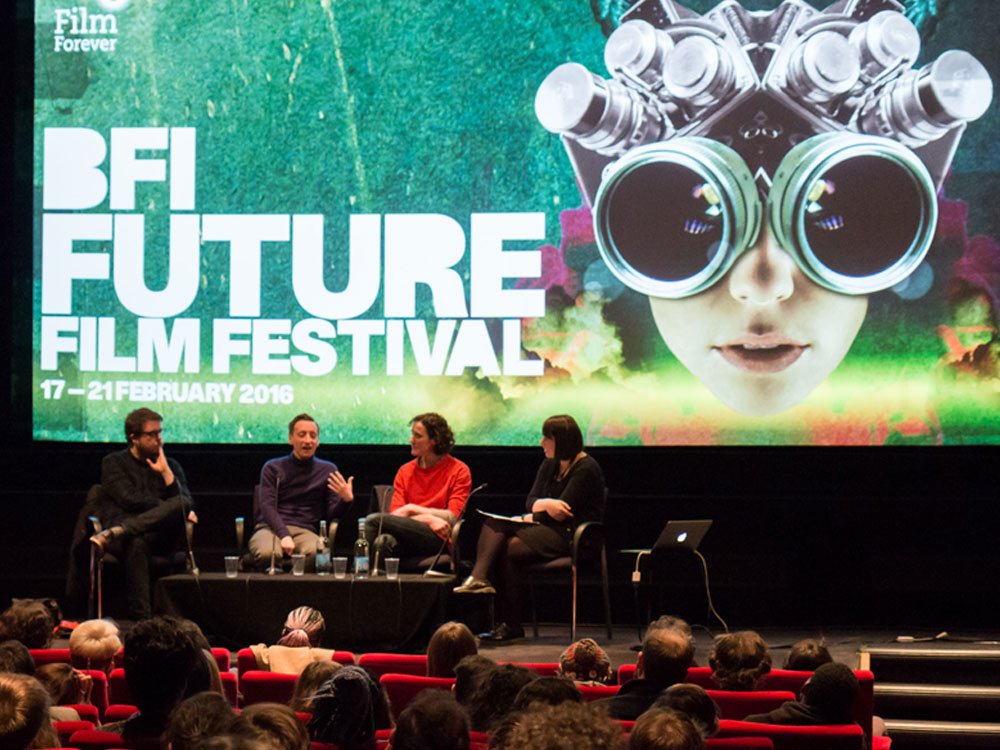In an era where the lines between the digital and physical worlds are increasingly blurred, the future of film festivals stands at a crucial juncture. These events, traditionally bastions of cultural exchange and cinematic celebration, are poised to undergo transformative changes. This article delves into the potential trajectories these festivals might take, exploring the shift towards hybrid models, the rise of niche themes, and the ethical challenges that loom on the horizon.
The Hybrid Model: Blending Physical and Digital Experiences
One of the most significant trends emerging in the film festival landscape is the adoption of a hybrid model. The COVID-19 pandemic served as a catalyst, forcing many festivals to pivot to online platforms. This transition revealed not just the feasibility but the myriad advantages of virtual screenings. Geographical barriers fell away, allowing a global audience to partake in events previously limited to specific locales. As we move forward, it’s likely that film festivals will continue to embrace this hybrid model, combining the irreplaceable energy of in-person screenings with the accessibility of online platforms. This blend promises to democratize access to these cultural showcases, offering a more inclusive and far-reaching impact.
Niche Festivals: Catering to Specific Genres and Communities
Another evolving aspect is the rise of niche film festivals. These events cater to specific genres, themes, or communities, offering a platform for films and voices that might otherwise be overshadowed in larger, more general festivals. From festivals dedicated to specific genres like horror or documentary to those focusing on LGBTQ+ stories or environmental issues, this specialization allows for a deeper exploration of specific cinematic realms. It also fosters a sense of community among filmmakers and audiences who share particular interests or identities.
Ethical Challenges and Transparency
As film festivals evolve, they must also grapple with ethical challenges. A case in point is the controversy surrounding the awarding process in a prestigious festival, where a film titled “The Distance Between Us and the Sky” found itself at the center of a conflict-of-interest scandal. Incidents like these underscore the importance of transparency and ethical conduct in festival operations. The future of film festivals will likely see a heightened focus on clear, fair practices, ensuring that selections and awards are made without bias or undue influence. Visit this page for more information.
Technological Integration: Virtual Reality and Interactive Experiences
The integration of advanced technologies like virtual reality (VR) and augmented reality (AR) could redefine the film festival experience. Imagine donning a VR headset at a festival and being transported into the world of the film, or participating in an interactive, AR-enhanced screening. These technologies have the potential to revolutionize how audiences interact with films, offering immersive experiences that extend beyond the traditional movie screen.
Environmental Considerations: Towards Sustainable Practices
Sustainability is becoming a critical consideration for film festivals. The environmental impact of these events, from travel to physical infrastructure, is increasingly under scrutiny. Future film festivals may adopt more eco-friendly practices, such as digital screenings to reduce carbon footprints, eco-conscious venue choices, and waste reduction strategies. This shift not only aligns with global sustainability goals but also resonates with a more environmentally conscious audience.
Increased Accessibility and Inclusivity
A key focus for the future will be on increasing accessibility and inclusivity. This means not just physical accessibility for people with disabilities but also ensuring that diverse voices are represented and heard. Film festivals have the power to shape narratives and influence culture; therefore, they bear the responsibility of promoting diversity in both the films they showcase and the panels they assemble.
The Role of Film Festivals in Independent Cinema
Film festivals have always been crucial for independent cinema, providing a platform for films that might not find a place in mainstream theaters. As the industry evolves, these festivals will continue to be vital for discovering and nurturing new talent. They offer a space where independent filmmakers can showcase their work, network with peers, and gain exposure to broader audiences and potential investors.
Conclusion: A Dynamic and Inclusive Future
In conclusion, the future of film festivals is poised to be dynamic and multifaceted. The adoption of hybrid models, a focus on niche themes, the integration of new technologies, and a commitment to ethical practices and sustainability are all indicative of a sector that is adapting to the times. These festivals will continue to be pivotal in celebrating cinematic art, fostering community, and pushing the boundaries of storytelling and experience. As they evolve, they hold the promise of becoming more inclusive, accessible, and impactful than ever before.


